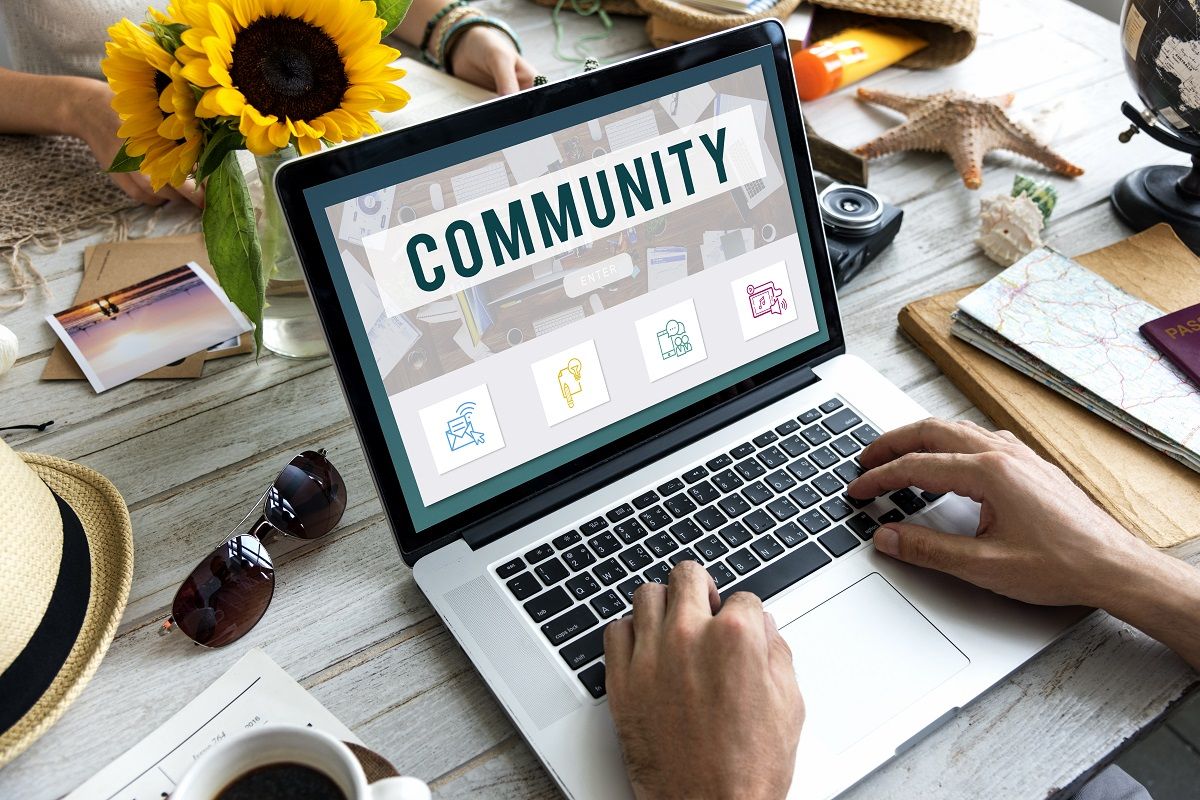Creating a Virtual Support Community
From a young age, we are taught the importance of research. Whether you’re giving a big presentation on a certain topic, preparing for a debate or even hoping to dominate the competition in bar trivia, being prepared and fully armed with knowledge is crucial.
Typically, if you’re required to be an expert on something you know little about, then you have to research it. But what happens when your “topic” becomes your own health crisis?
When you’re diagnosed with cancer, countless questions with unknown answers begin swirling in your head. While doctors can be fantastic resources about your disease, your appointments and their frequency don’t always allow for long chats about not only your disease but also how it will affect you and your life from that day forward.
It gets even worse when you have a rare cancer. I was diagnosed with carcinoid cancer, a type of neuroendocrine tumor, when I was 21 — something I’ve come to learn is basically unheard of for someone that age. Despite being experts about the actual type of cancer I had, there were a lot of questions we couldn’t answer. For someone who is soothed by data and research, a lack of information was not a welcome addition to my mental and emotional stress.
Even though my carcinoid tumor is physically gone, I still deal with a lot of emotional stress and anxiety related to my cancer experience as well as gastrointestinal flare-ups that act very similar to the carcinoid syndrome I had before my tumor was removed.
Never miss another Cancer Talk blog!
Sign up to receive our monthly Cancer Talk e-newsletter.
Sign up!Nearly four years later, in addition to some help from various doctors I’ve seen during my time in treatment and remission, I am armed with knowledge about carcinoids. I am far from being an expert, but my search for answers resulted in some pretty amazing discoveries.
First and foremost is one of my favorite websites, IHadCancer.com. I initially found it after seeing other survivors share links to its blog posts, which were always relatable. In addition to the blog, the site has discussion forums and other resources, including an online community. You can sign up for free, create a profile and connect with other patients, survivors, advocates and caregivers. It even gives you the ability to search for people who had the same cancer as you and are the same age, giving me the key to connections I’ve been yearning to make for years. Additionally, you can submit journal entries to your profile or submit a piece for their blog. It’s an incredible, extensive source of information and support.
While specifically digging for carcinoid information, I uncovered so many great websites and resources for other survivors — a long overdue antidote to my anxiety. Through some of the most helpful websites (AboutCarcinoid.com, Carcinoid.org, NETCancerAwareness.org and NETcancerday.org), I’ve been able to keep up with research for treatments of the cancer itself as well as carcinoid syndrome. There are tons of patient stories, infographics and e-books and documents to read. I’ve even received a free cookbook filled with great recipes and a nutrition guide specifically for people who have (or have had) a neuroendocrine tumor. It’s a huge resource in my house, for both myself and my fiancé, and I never would have found it if I hadn’t started doing my own research.
Now, of course, this is the internet we are talking about (so make sure you vet your sources), but I encourage all patients and survivors to become experts on their cancer and seek out communities that support them. There are plenty of resources out there, and beginning the journey to finding them can be a huge source of relief.
Editor’s Note: Cancer patient outcomes and experiences may vary, even for those with the same type of cancer. An individual patient’s story should not be used as a prediction of how another patient will respond to treatment. Roswell Park is transparent about the survival rates of our patients as compared to national standards, and provides this information, when available, within the cancer type sections of this website.
